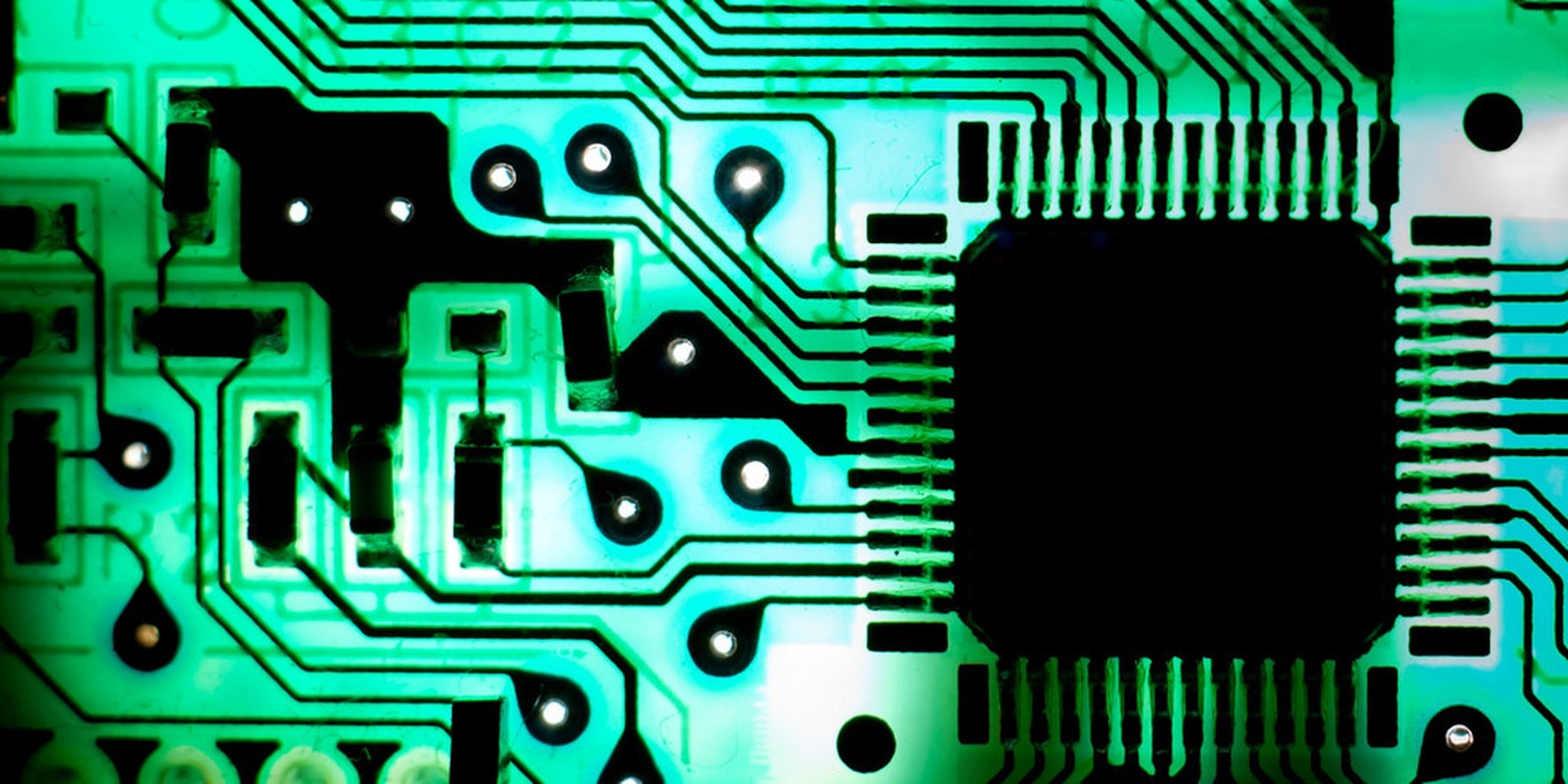Nothing keeps a secret quite like cash.
Although Bitcoin has helped launch an entire underground Deep Web economy over the past five years, the currency is not anonymous. Every transaction is recorded in a public ledger, including the payment’s origin, destination, and amount, all of which can be used to link users to real identities.
If I ever want to buy something truly anonymously—so that my neighbor, business competitor, wife, or government never see the transaction—cash has always been king. Bitcoin’s profound privacy flaws trace right back to its foundations, critics say, and require a radical fix.
Enter Zerocash, a newly created cryptocurrency designed to make Bitcoins into the truly anonymous money that so many of its users have been hoping for since day one.
Led by prominent cryptographer Matthew Green, a professor at Johns Hopkins University’s Information Security Institute, the Zerocash team just released a research paper detailing how the new technology will transform easy-to-follow Bitcoins into money that leaves, you guessed it, zero trace.
Unlike Bitcoin, Zerocash allows for transactions to take place that do not reveal the payment’s origin, destination, or amount. Without these details, de-anonymizing users becomes much more difficult.
After converting Bitcoins to Zerocash, Zerocash transactions are still publicly recorded but, thanks to cutting edge cryptography, they’re vanishingly small in size (less than 1KB) and powerfully fast (less than 6 milliseconds until verification) “zero knowledge” transaction that prove only that, somewhere, a real transaction just occurred.
No one outside of the buyer and seller will ever know anything beyond the fact that someone sent Zerocash to someone else, a miniscule bit of information that is essentially useless to anyone looking to unmask Zerocash users.
A ZeroCash user can “do everything you ever wanted to do in a completely anonymous fashion,” Green recently told Science Friday. “The only information that makes it into the [public ledger] is the fact that a transaction occurred.”
This is far from the first time developers have attempted to make Bitcoin more anonymous. DarkWallet, another program currently in development, aims to help anonymize Bitcoin users in a different way. A DarkWallet designer lovingly called it “money laundering software.”
Green and his team have taken a drastically different tack by carefully choosing their words and appealing as close to the mainstream—including the global regulators currently looking closely at Bitcoin–as is possible for a project of this nature.
On its website, the Zerocash team frames its product in terms anyone can understand:
Would you want to post your credit card and bank statement for everyone to see? Of course not: people can learn a lot of personal information from your spending habits. In addition to the obvious things like your salary, people can likely infer other intimate details about your life. For example, anyone could determine from your payments to a psychiatrist that you have a mental health issue.
The core belief that drives Zerocash is simple: Everyone deserves privacy. By obfuscating all identifying information on the Bitcoin public ledger, known as a blockchain, Zerocash hopes to deliver it.
“The only information that ever makes it into the blockchain is the fact that the transaction occurred,” Matthew Green said last year. “That’s actually very beautiful.”
While projects like DarkWallet emphatically embrace their potential criminal use, Green and his team say that “Zerocash barely affects the status quo for criminal users while it provides notable benefits to legitimate users.”
Zerocash, an open source project, does not help make income appear legitimate for regulators, the website explains, and regulation likely still requires Zerocash exchanges to identify customers buying a lot of cryptocurrency. Finally—and this is a key point—anyone can already anonymize their financial transactions: It’s called cash.
“Thus, the introduction of yet another method to anonymously move money is of little consequence,” the Zerocash team wrote in a clear effort to convince cryptocurrency’s many critics.
Right now, Zerocash is just a research paper. There are still major design issues to be worked out and significant vetting that has to occur before real money is flowing into the Zerocash economy. It’ll be even longer before it’s seriously considered for official adoption by the Bitcoin Foundation.
If it does go online, however, Zerocash has the potential to become a literal ghost in the machine: A powerful new way for all Internet users to spend and send money silently and secretly all over the world.
Photo via derekGavey/Flickr (CC BY 2.0)


